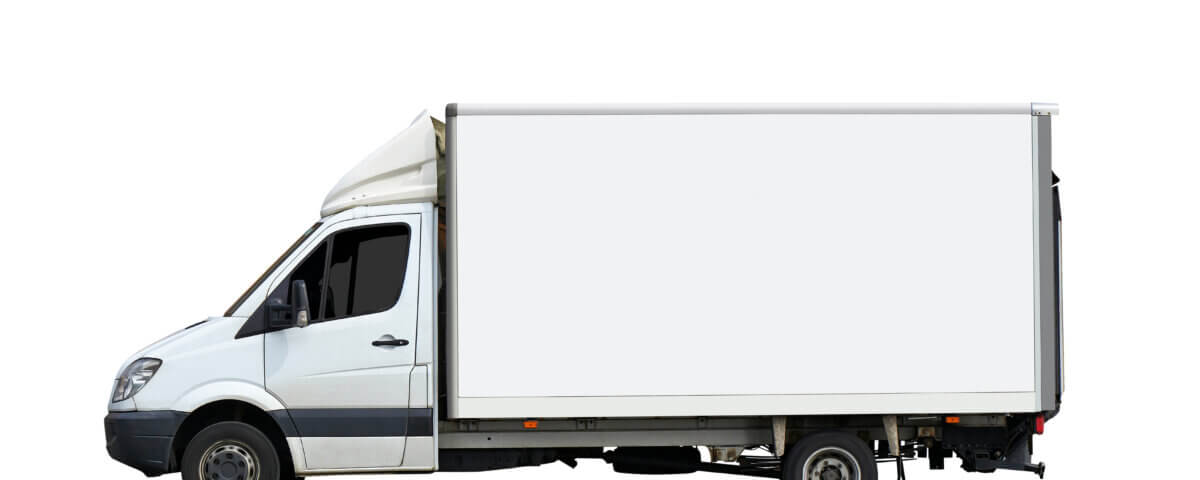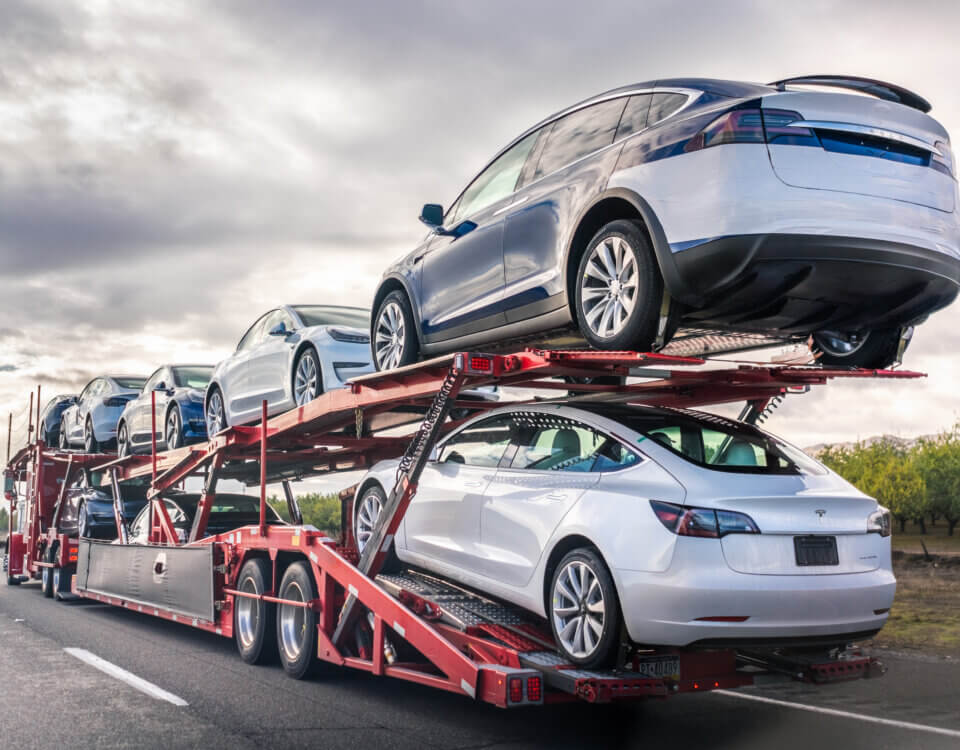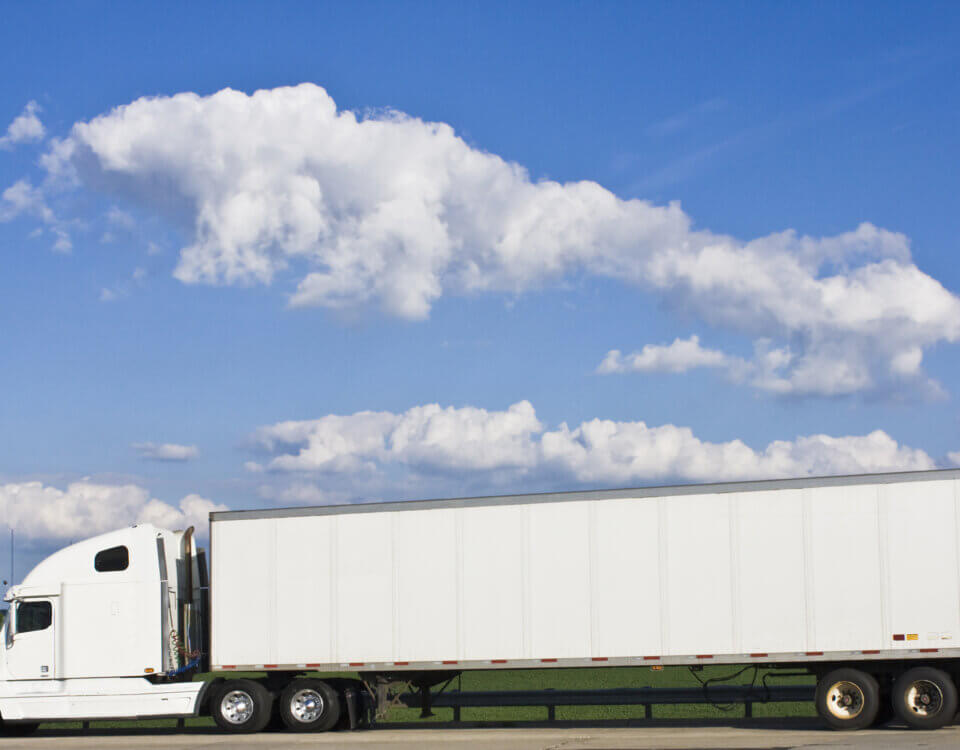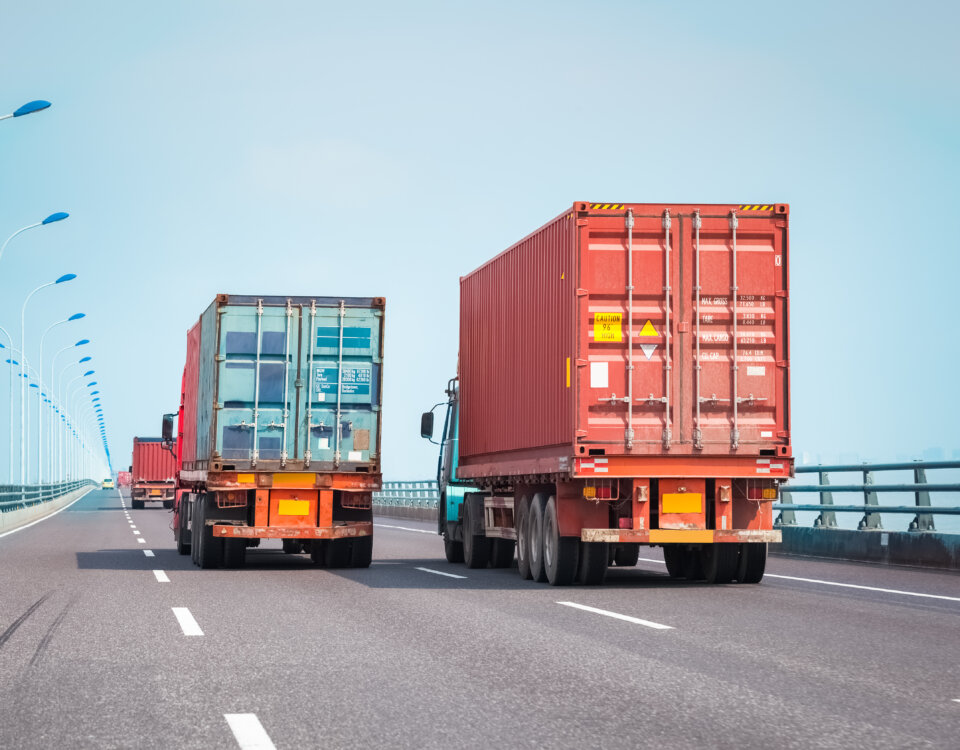Introduction
After a serious crash with a delivery truck, one of the biggest questions victims face is who should be held responsible. Is it the driver who was behind the wheel or the company that hired them. The answer is rarely simple and often requires a deeper look into contracts, policies, and federal regulations.
The Driver’s Responsibility
Delivery truck drivers can be held directly liable if their actions caused the accident. Distracted driving, speeding, or driving under the influence are all examples of negligence. The National Highway Traffic Safety Administration reports that distracted driving continues to be a leading cause of crashes across the country.
https://www.nhtsa.gov/
The Company’s Role
Many delivery drivers work for large corporations or contractors hired by those corporations. These companies can be held accountable if they failed to train drivers properly, pushed them to break safety rules, or ignored vehicle maintenance. The Occupational Safety and Health Administration stresses that employers are responsible for providing safe conditions for drivers and the public.
https://www.osha.gov/
Shared Liability in Complex Cases
In some cases both the driver and the company share responsibility. For example if a driver was speeding because their employer pressured them to meet impossible deadlines the law may hold both parties accountable. This creates a complicated legal process where multiple insurers are involved.
Why Victims Need Legal Guidance
Trucking companies and insurers often try to shift blame onto the driver alone to avoid paying large settlements. An experienced attorney can investigate contracts driver logs and maintenance records to uncover the truth and make sure the right parties are held accountable.
Conclusion
Determining liability in a delivery truck accident is rarely clear cut. Both drivers and companies can share responsibility depending on the circumstances. For victims the key to justice is having the right legal team to sort through the confusion and fight for the compensation they deserve.
Note: These blog posts are created solely for the use of Hillstone Law. The information is gathered from internet research, publicly available sources, and artificial intelligence (AI) tools such as ChatGPT. While we aim to share helpful and educational content, Hillstone Law does not independently verify every detail. Some information may be incomplete, outdated, or subject to change without notice. If you believe any part of a post is inaccurate, misleading, or infringes upon copyright, please contact Hillstone Law immediately so we can review it and take appropriate action, including correction or removal.
Disclaimer: The material provided in these blogs is for general informational purposes only and should not be considered legal advice. Reading these posts does not create, and is not intended to create, an attorney-client relationship with Hillstone Law. Our intent is to share knowledge, raise awareness, and provide helpful resources to the public; however, Hillstone Law makes no warranties or guarantees about the accuracy, completeness, or reliability of the information provided, and expressly disclaims liability for any actions taken in reliance on it. The photos used in these posts are for illustrative purposes only and do not depict actual clients, individuals, or incidents unless expressly stated. If you or a loved one has been injured in an accident, please contact Hillstone Law at (855) 691-1691. Our attorneys are available to answer your legal questions and help you understand your rights.







